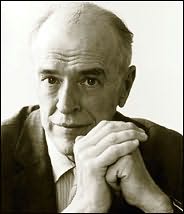A Quote by Antonya Nelson
Related Quotes
Clearly, there needs to be an increase in the capacity of the railway system. That's why there are these projections of increasing the capacity to carry freight on the railways by 30% over the next five years or so, because the volume of goods moved up and down, imports, exports, and within the country, has grown much larger than the capacity. And this is part of the higher costs to business, because charges, for instance, at the ports become too high and they put up the prices of these goods, whether they are imports or exports. You want to reduce that.
You may earn whatever money you earn as a cricketer, but you want to play for your country. At the end of the day, you want to do something special. There are plenty of people who earn 50 crores or 100 crores as businessmen or big professionals or who are really doing well in business. But what gives pleasure to your mom and dad is the fame.
Making reality real is art's responsibility. It is a practical assignment, then, a self-assignment: to achieve, by a cultivated sensitivity for observing life, a capacity for receiving impressions, a lonely, unremitting, unaided, unaidable vision, and transferring this vision without distortion to it onto the pages of a novel, where, if the reader is so persuaded, it will turn into the reader's illusion.
The first rule is you have to create a reality that makes the reader want to come back and see what happens next. The way I tried to do it, I'd create characters that the reader could instantly recognize, and hopefully bond with, and put them through situations that keep the reader on the edge of their seat.



































